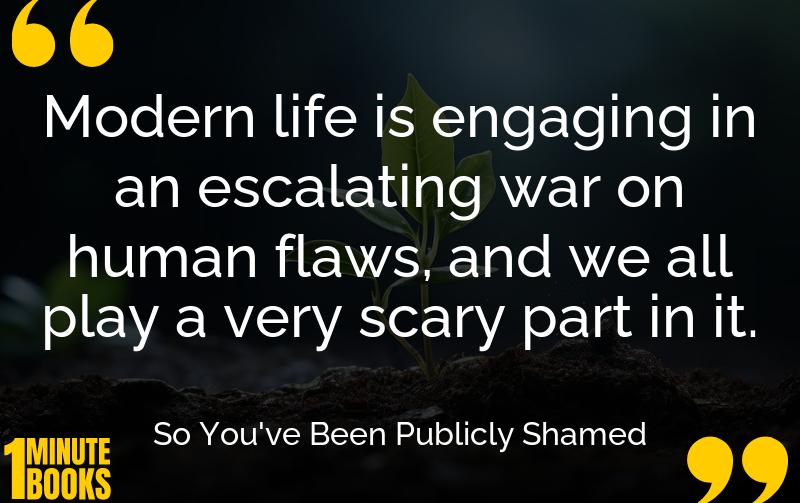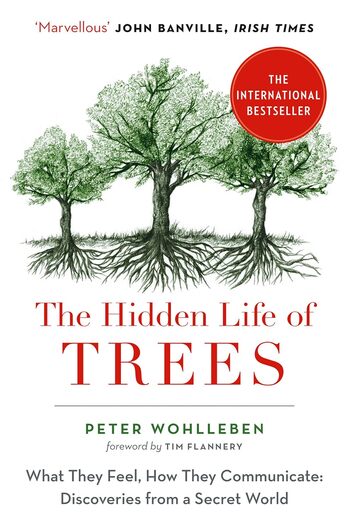
The book explores the resurgence of public shaming facilitated by social media, its historical context, and its devastating effects on individuals. It delves into the psychology behind public backlash and offers insights into its impact and potential remedies.
Main Lessons
- Public shaming has evolved from physical punishment to online backlash.
- Social media empowers individuals to hold corporations accountable.
- Public shaming can lead to severe personal consequences like depression or PTSD.
- Crowd mentality often fuels uncontrollable public backlash.
- Shaming can be driven by a desire for justice or control.
- Victims of public shaming may live in fear and anxiety for years.
- Childhood shaming can lead to violence and crime later in life.
- Shaming sometimes works as a deterrent, but it can cause more harm than good.
- Reputation management services can help restore a shamed individual’s image, often at great cost.
- Economic disparities mean that only wealthy individuals usually access effective reputation repair.
- Modern public shaming is akin to a digital town square flogging.
- Some view public shaming as a tool for social justice, others see it as mob justice.
- The moral frameworks of individuals impact whether they participate in shaming.








